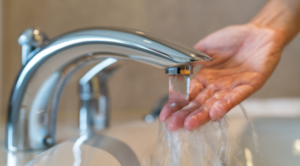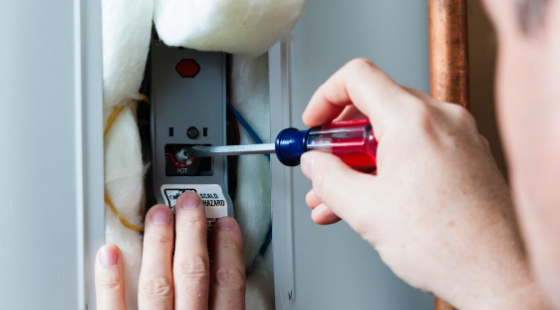 Water Heater Problems That You Should Be Concerned About 2021
Water Heater Problems That You Should Be Concerned About 2021
Most water heaters are constructed to last a long time, with lifespans of up to 12 years or more. However, how long your water heater will stay in excellent working order is determined by a variety of things. Our Appleton Wi plumbers explain that the quality and manufacture of the unit, as well as how the system was built, will all have an impact on the operation of your water heater over time. Incidents such as an earthquake, flooding, fire, or even building improvements may all have an influence on the unit’s stability.
Conducting regular maintenance and check-ups is one crucial practice that can extend the life of your water heater. By checking every now and then and making some improvements as necessary, you can detect issues early. When addressed early you have the opportunity to handle it before the problem becomes more serious.
But some problems can’t be fixed anymore and the last resort is to replace the unit. You’ll need to know (or better yet, ask plumbing experts’ advice about) when to replace a water heater. Watch out for the following water heater problems that should be immediately addressed and will most likely call for a replacement.
Old age
First, our Fox Valley Plumbers explain that ideally, water heaters should be assessed for replacement 10 years after the manufacture date. Our friends over at Gilmore Heating, Air and Plumbing, Sacramento Plumbers, recommend to check the manufacturer’s sticker on the tank to determine the age of your water heater.
Leaking hot water
Water leaks or water build-up around the water heater is a tell-tale sign of trouble. Turn off the unit’s power the moment you notice this and call a professional. It’s important to act immediately to alleviate the leaking, prevent flooding, and avoid further damage not just to the unit but also to the entire property.
Water discoloration
Rust in water indicates corrosion in the tank’s interiors or the water pipes, especially if the piping is galvanized. If the rusty water doesn’t clear up after repeatedly draining the hot water, then the tank may have a serious rust problem. Another cause of discoloration is sediment build-up. Sediment collecting on the bottom of the tank should be prevented through regular flushing. However, even this may not be helpful anymore as the water heater becomes older.
Noise
Sediment that has hardened on the bottom of the tank often causes banging, popping or rumbling sounds while the water heats up – a sign that your water heater is already ready to retire. Hardened sediment can cause leaks, holes and increased energy consumption as the unit needs to work harder and longer when trying to heat the water.
Change in the taste of water
If you drink water straight from the tap, a change in taste or texture can indicate trouble. A metallic taste to your water is an obvious sign that the water heater may already be deteriorating.
If you are dealing with any of these water heater problems in Fox Valley, contact Turek’s Plumbing. Schedule an appointment to have one of their qualified plumbers out as soon as possible!
Editor’s note: This post was originally published in August 2016 and has been completely revamped and updated for accuracy and comprehensiveness.




 Why Choose a Tankless Water Heater
Why Choose a Tankless Water Heater